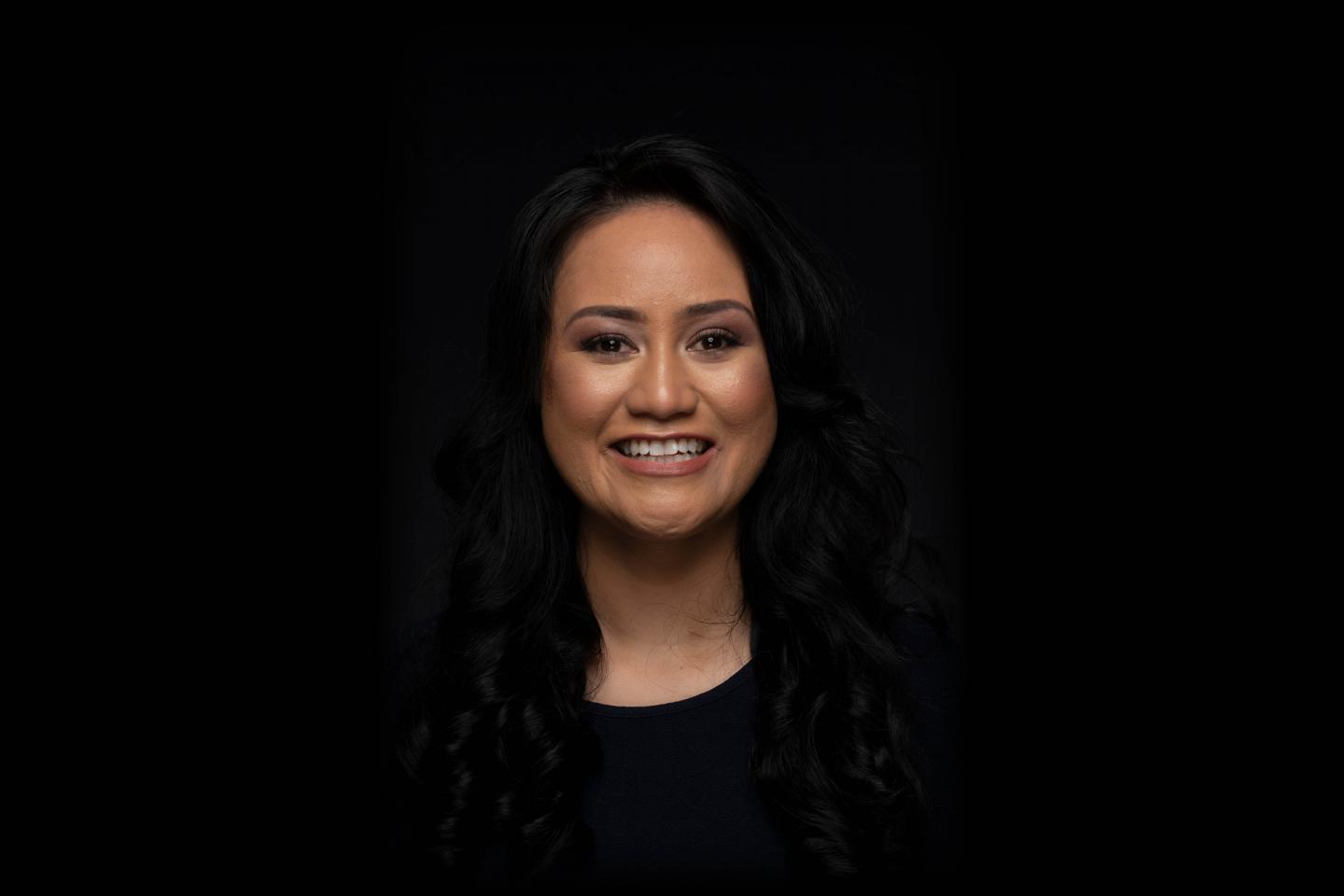

Look around your office. If one in five of your colleagues are living with a disability, then your workplace is reflective of our broader community. If that’s not the case, your office holds a mirror to a broader societal trend. In Australia today participation in employment for people living with a disability is low and underemployed is high, says MercyCare Disability Services Manager Gill Watts.
Today is International Day of People with Disabilities. This year’s theme is particularly relevant for the business community, promoting participation of persons with disabilities and their leadership.
Today is a reminder of the significant contribution people with disabilities make in our community.
It also prompts us to consider how we can make change to improve access and inclusion for people living with disabilities by breaking down barriers, challenging stereotypes, and improving awareness.
On this day in 2016, MercyCare launched its inaugural Disability Access and Inclusion Plan. The Plan acts as a blueprint to ensure our buildings, events, information and services are accessible, to increase disability awareness within the organisation, and build a diverse workforce that reflects the broader community we work in.
Katalina’s story
“The people I know with a disability are some of the most intelligent I know. We are eager to be heard, to be recognised and enabled contributors in the workforce,” says MercyCare Migrant Community Support Services Administration Officer Katalina Lavaka.
Young, vibrant, articulate and a gun on an Excel spreadsheet, Katalina Lavaka struggled to find employment when she began to lose her sight.
Katalina’s vision began to deteriorate at 18 years old due to Retinitis pigmentosa, a rare genetic disorder causing the cells in the retina to breakdown. Now 27 years old, Katalina has low vision and is legally blind.
Katalina was connected to MercyCare through a nine-month traineeship involving administration work across different areas of the MercyCare organisation, including reception, finance and human resources, before a longer placement with Family and Migration Community Services in Mirrabooka.
Her work ethic, competency and strong desire to contribute was quickly rewarded with a permanent position at Mirrabooka.
“Getting a job meant everything to me. It gave me a purpose in life, to be able to support myself and feel included with my peers,” she says.
“If I can give employers any advice, I encourage them to give people with a disability an opportunity to show what they are capable of because we are capable of the same things as anybody else, we just have to do it a little differently but it’s manageable and it’s doable.”
In Katalina’s case, MercyCare has gained a valuable employee and walked the path that many organisations take when hiring a person living with a disability, who represent 2.1 million Australians of working age (15-64 years).
Research and MercyCare’s experience demonstrate employing a person with a disability makes good business sense. They’re highly motivated to work, they have comparable productivity, less absenteeism, longer tenure and better safety records than other people without a disability.
Why we care
Promoting participation of persons with disabilities and their leadership closely aligns with MercyCare’s vision - for people and communities to thrive - and provides an opportunity to make a real difference for people experiencing disadvantage, marginalisation and discrimination.
Disability access and inclusion is a natural fit in MercyCare’s value-driven organisation and one we should strive hard for.
It also speaks to our Diversity Statement and the culture we want to continue to inspire. Diversity extends across ethnicity, culture, religion, gender, sexuality, background, and most certainly, ability.
With our mission firmly at our centre, four years ago MercyCare became an approved NDIS provider. Our disability services offering has grown exponentially, experiencing more than 100 percent growth in the 2019 financial year.
36% of the people we support through our disability services are living with a physical disability; 29% mental health; 26% cognitive; and 9% neurological, respiratory or sensory disability. Our services include in home support, social support and community inclusion, personal care, support co-ordination and respite.
With a solid foundation, MercyCare is now looking to grow our Disability Services further to support even more West Australian’s living with a disability to lead the lives they want and deserve.














